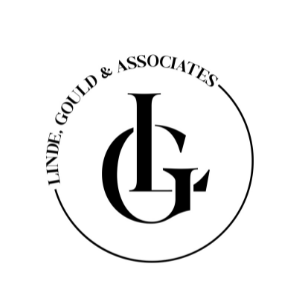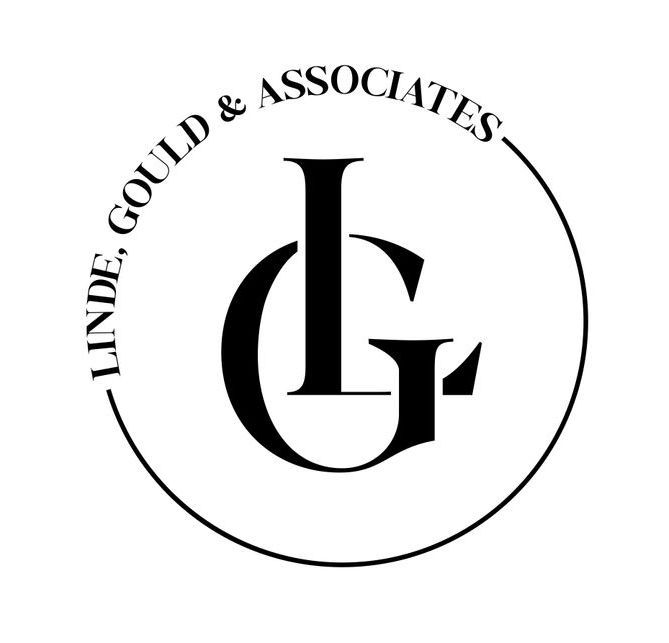Guardianship Administration & Litigation In Fort Myers & Naples, FL
An Experienced Guardianship AttorneyAssisting You Caring For an Incapacitated Person
Assisting You Caring For an Incapacitated Person
An Experienced Guardianship Attorney
Assisting You Caring For an Incapacitated Person
Your Experienced Guardianship Attorney
Matthew A. Linde, Esq. is an experienced guardianship attorney who enjoys assisting you with caring for an incapacitated person. Under Florida statute 744.102(12), an incapacitated person means a person who has been judicially determined to lack the capacity to manage at least some of the property or to meet at least some of the essential health and safety requirements of the person.
- To "manage property" means to take those actions necessary to obtain, administer, and dispose of real and personal property, intangible property, business property, benefits, and income.
- To "meet essential requirements for health or safety" means to take those actions necessary to provide the health care, food, shelter, clothing, personal hygiene, or other care without which serious and imminent physical injury or illness is more likely than not to occur."
Adult guardianship begins with a determination concerning whether a person is fully or partially incapacitated. The reason for this is that if the person has the capacity, then they can do what they want to do much to the chagrin of their children sometimes. Contact Linde, Gould & Associates today for more information or to discuss your needs.
The Guardianship Process Involves the Following Steps:
- Filing a petition with the circuit court to determine whether the alleged incapacitated person cannot manage themselves or their property.
- The court appoints a committee of three individuals to examine the alleged incapacitated person, and the three committee members then file a report with the court. If the reports indicate that the person lacks capacity, then the court must decide whether there is a less restrictive alternative to a guardianship. Many times the reports are not consistent. This requires an evidentiary hearing where the court reviews the evidence and makes a ruling on whether the AIP has the capacity or is partially or completely incapacitated.
- If there is a less restrictive alternative (such as a durable power of attorney), then the court will refuse to appoint a guardian.
- If there is no less restrictive alternative to appointing a guardian, then the court will appoint a guardian, but many times who the guardian should be is a contested issue requiring an evidentiary hearing.
- Once the court appoints a guardian, then the guardian inventories the ward's (the ward is the name of the person who has been judged incapacitated) property and files a care plan with the court. Annually, the guardian files an accounting with the court as well as a care plan. This will continue until the ward dies or regains capacity.
"Matt Linde was the second attorney I retained regarding a guardianship. I wish I had retained Mr. Linde from the start. His knowledge of Florida elder law was impressive. What ever the document Mr Linde was able to explain its content in a clear and concise manner. Most importantly Mr. Linde was proactive. In the end Mr. Linde was able to secure the best possible outcome. Thank you Matt Linde!."
Claire | AVVO.com
Call (239) 939-7100
to schedule an appointment.

